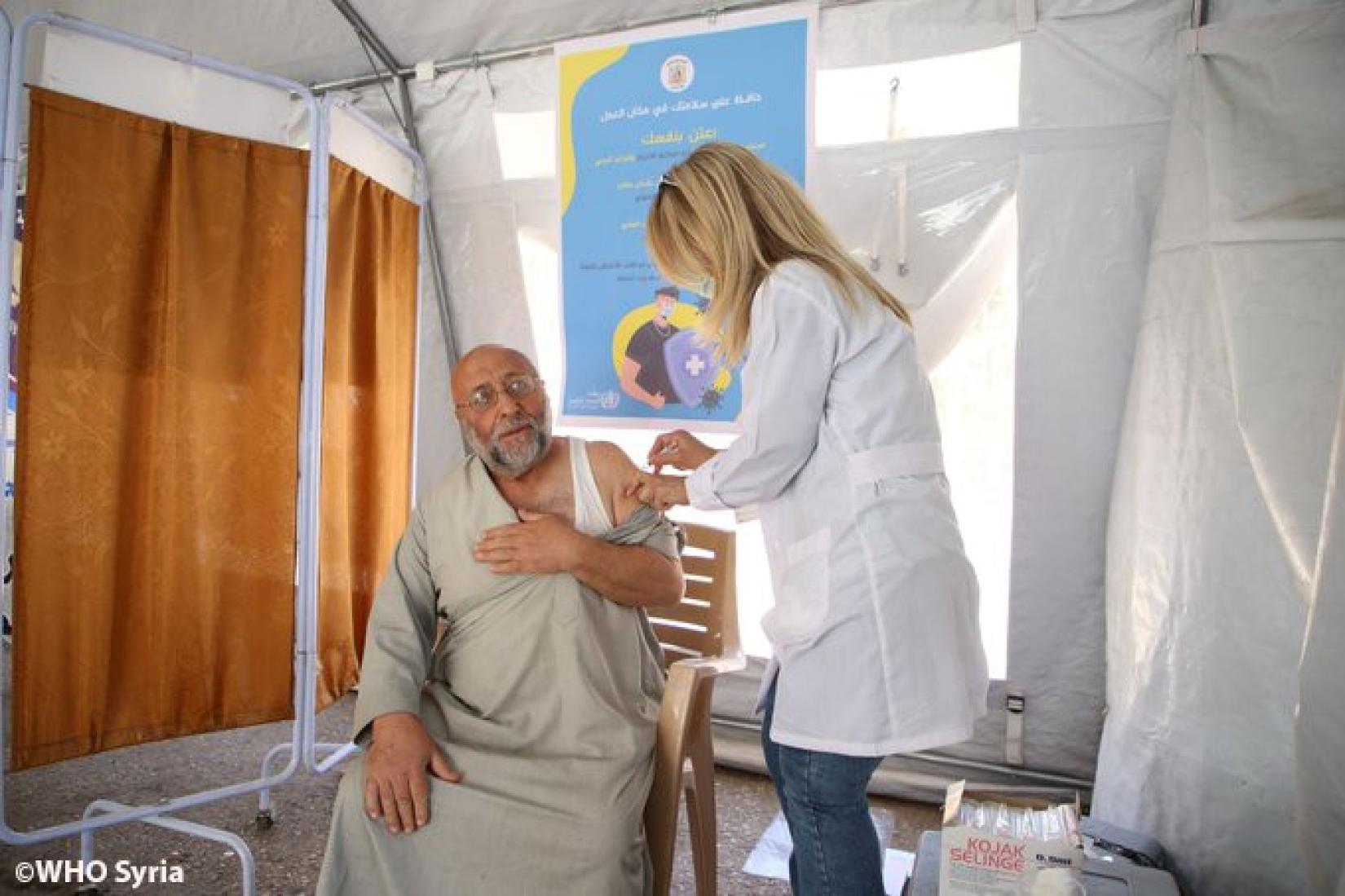Monthly Digest of the UN in Syria - July 2023
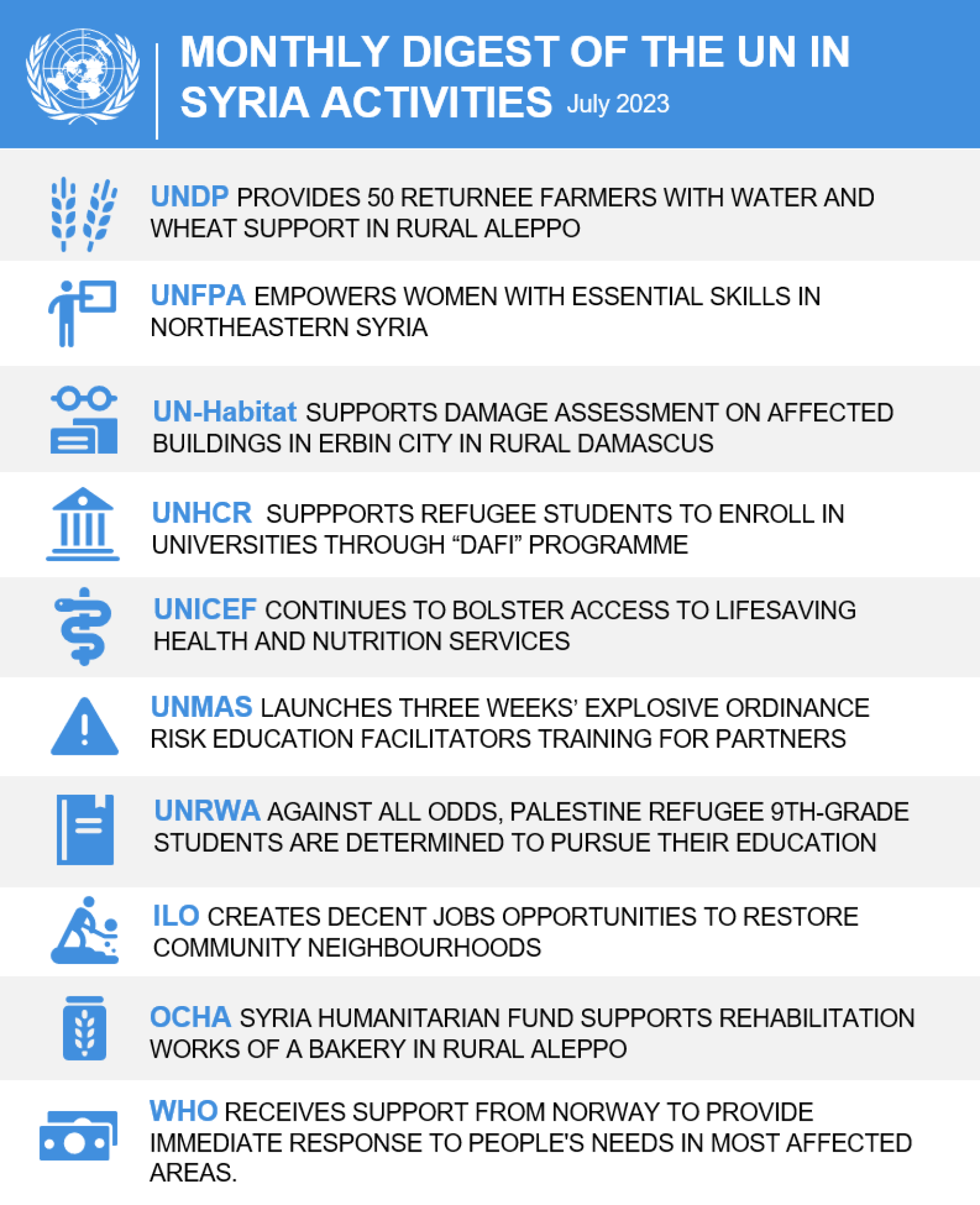
UNDP PROVIDES 50 RETURNEE FARMERS WITH WATER AND WHEAT SUPPORT IN RURAL ALEPPO
UNDP with funding from the United Nations Central Emergency Response Fund (CERF) provided drip irrigation networks and water pumps to 50 returnee farmers in eight villages in Rural Aleppo. They received help in installing the drip irrigation systems and were trained on irrigation networks and composting to maximize the benefit and become self-sufficient.
The project also enhanced food security for approximately 4,000 residents by rehabilitating a bakery with a daily capacity of 12 tons.
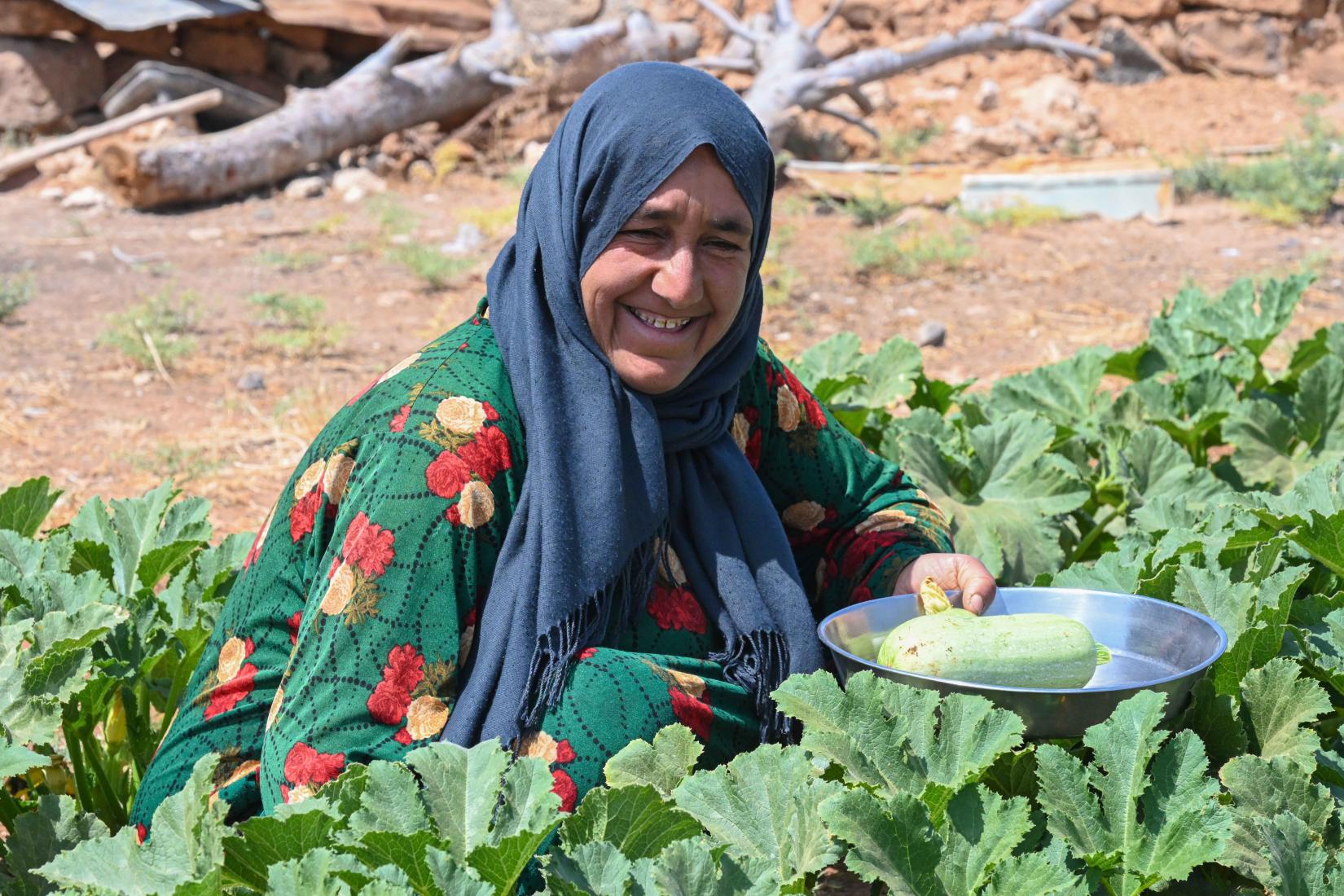
UNFPA EMPOWERS WOMEN WITH ESSENTIAL SKILLS IN NORTHEASTERN SYRIA
About 160 women and young girls benefited from the UNFPA-supported training, including sewing, computer and language classes. In addition, 2,800 others benefited from one-on-one and group awareness sessions this year.
“The activities that I had in the safe space were very helpful in regaining my health and in particular the awareness sessions, where I learned how to make decisions with confidence,” said 27-year-old Anoud, who dropped out of school due to early marriage.
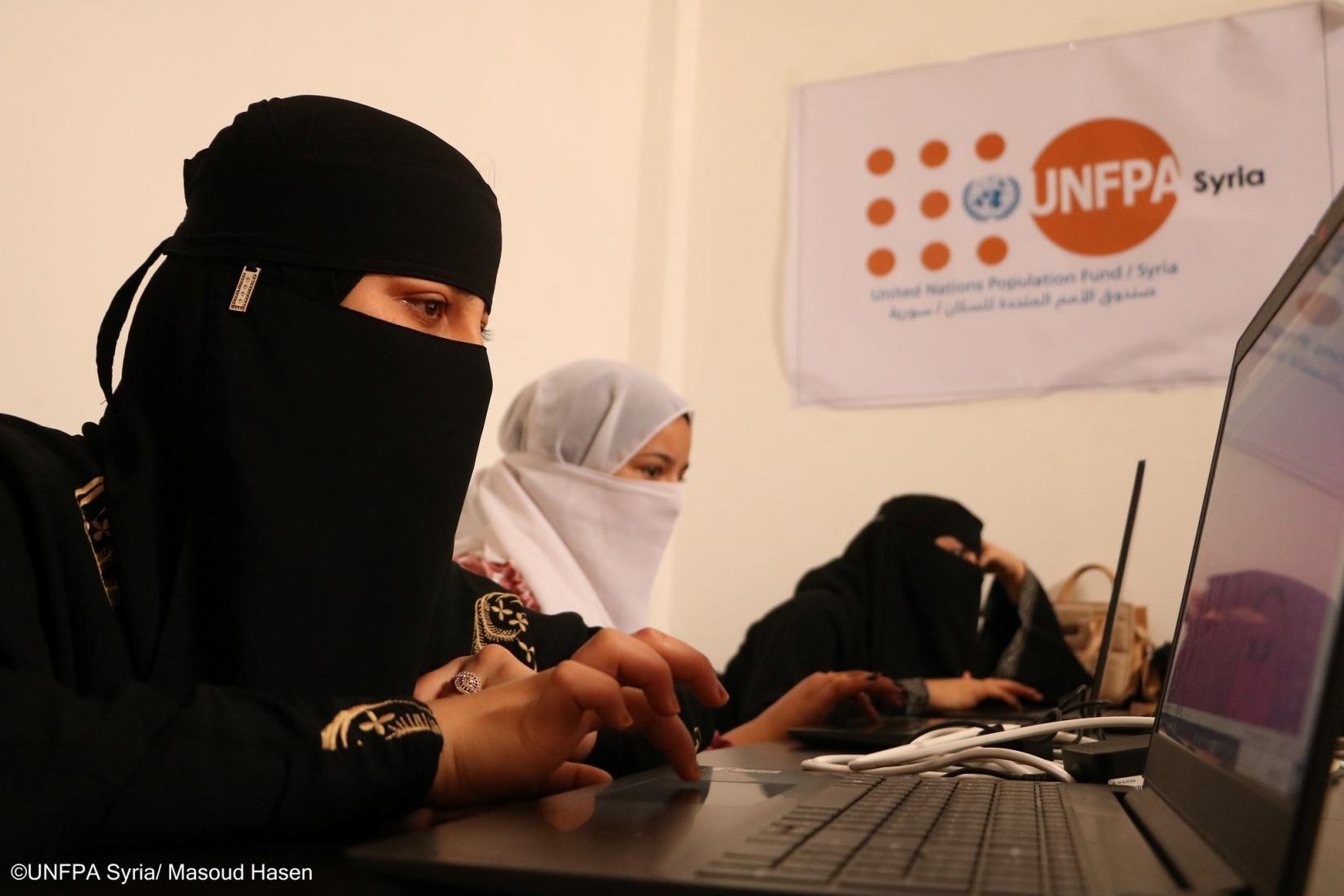
UN-HABITAT SUPPORTS DAMAGE ASSESSMENT OF AFFECTED BUILDINGS IN ERBIN CITY IN RURAL DAMASCUS
UN-Habitat conducted a damage assessment of several affected buildings and neighborhoods in Erbin in rural Damascus with the support of a team of engineering experts from the local community.
The team was provided with forms that describe the status of each assessed building. Engineers classified buildings into three categories – green, yellow, and red. Each color represents the condition or status of the building.
UN-Habitat in Syria is supporting early recovery and resilience activities for vulnerable people who were affected by the devastating earthquake in February.
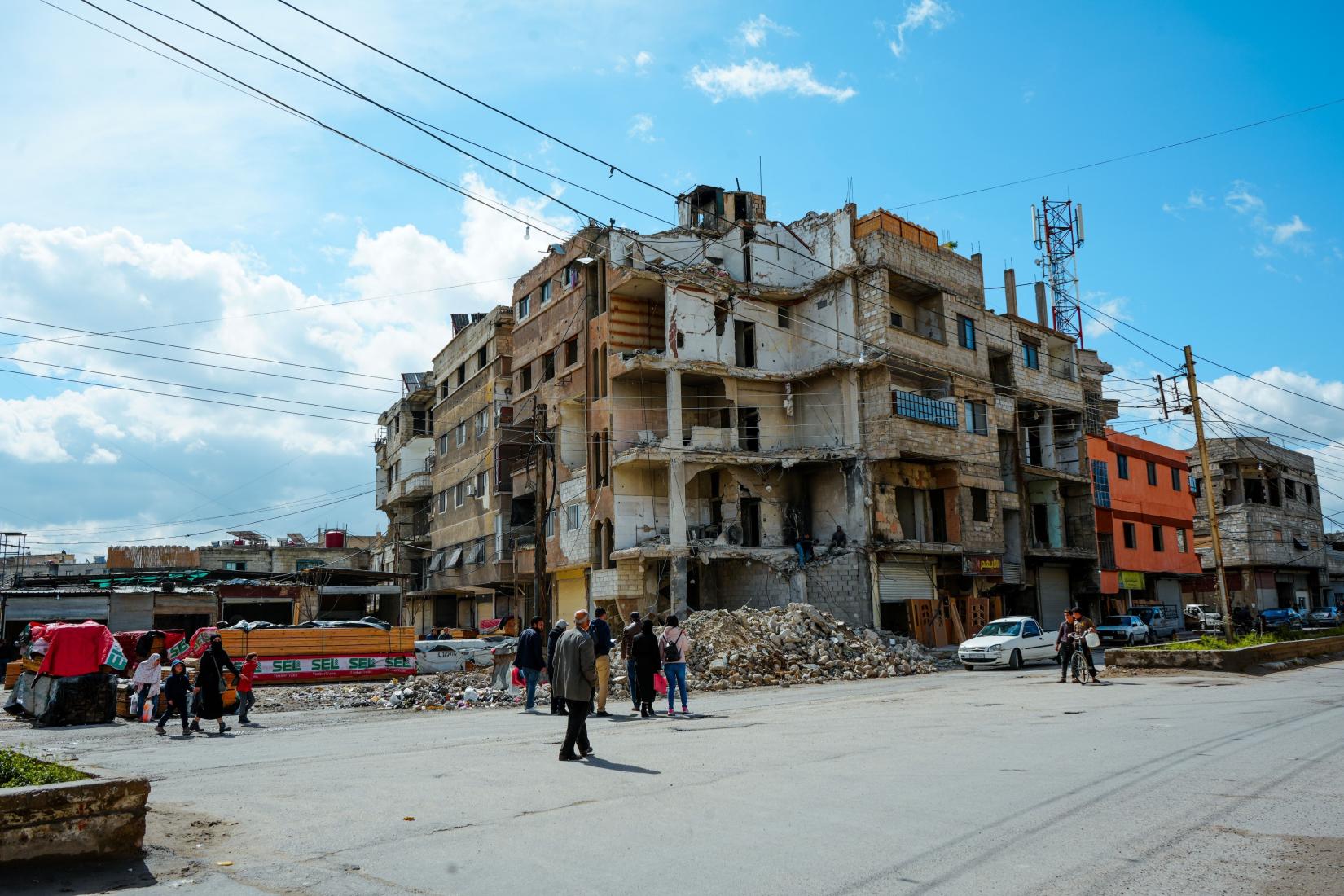
UNHCR SUPPORTS REFUGEE STUDENTS TO ENROLL IN UNIVERSITIES THROUGH “DAFI” PROGRAMME
“I am so happy to obtain a Bachelor’s degree in dentistry, and I hope to become an orthodontist in the future,” said Nirmeen, a refugee from Iraq, who recently graduated from the Faculty of Dentistry in Lattakia.
Nirmeen was determined to make her dream a reality. However, the high fees for foreign students would make it difficult for her to register at the university. Even her being a distinguished student with outstanding grades was not enough.
UNHCR supported Nirmeen to pursue a university education through a scholarship provided by the Albert Einstein German Academic Refugee Initiative Fund (DAFI). This year, Nirmeen graduated from Tishreen University in Lattakia and achieved her dream to become a dentist.
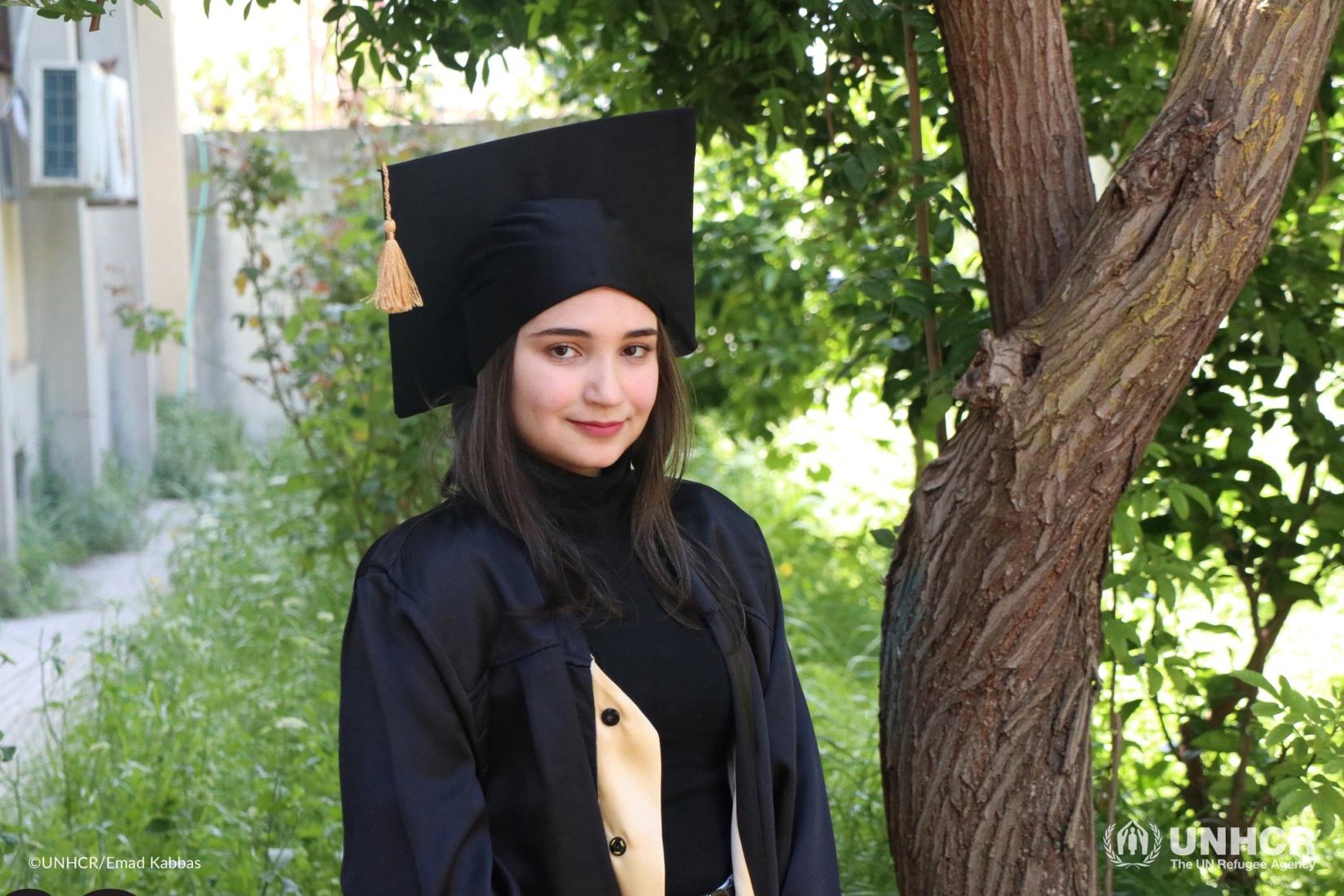
UNICEF CONTINUES TO BOLSTER ACCESS TO LIFESAVING HEALTH AND NUTRITION SERVICES
Families in Syria were already struggling to cope with 12 years of sustained conflict which has had an impact on all infrastructure and public services and exacerbated by the recent earthquake, forcing many people to either delay medical attention or take long trips to seek medical care if they can afford it.
UNICEF continues to support the most vulnerable children and families to access lifesaving health and nutrition services by equipping health workers with the necessary knowledge and skills, distributing essential supplies, investing in mobile health teams and rehabilitating health centres.
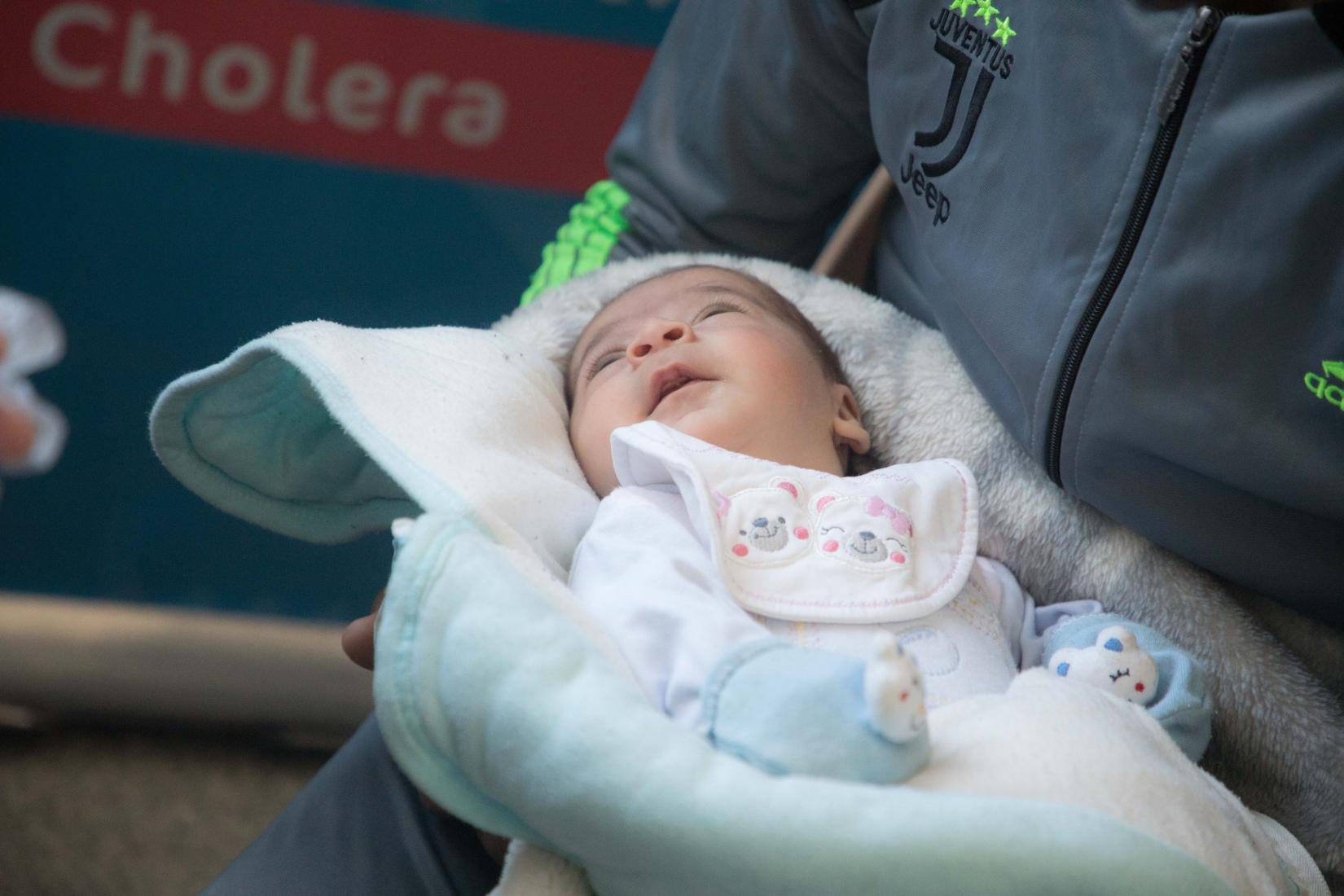
UNMAS LAUNCHES THREE WEEKS’ EXPLOSIVE ORDINANCE RISK EDUCATION FACILITATORS TRAINING FOR PARTNERS
On 9 July, UNMAS Explosive Ordnance Risk Education and Victim Assistance teams started a 3-week facilitator training for Khotwa Association NGO with the support of Japan which enabled UNMAS to integrate mine action into the broader humanitarian response to reach those most in need. The NGO teams will target 30,000 beneficiaries with awareness activities in Rural Damascus and will also be one of the entry points for identifying potential victims of explosive ordnance and other people with disabilities to provide the necessary support.
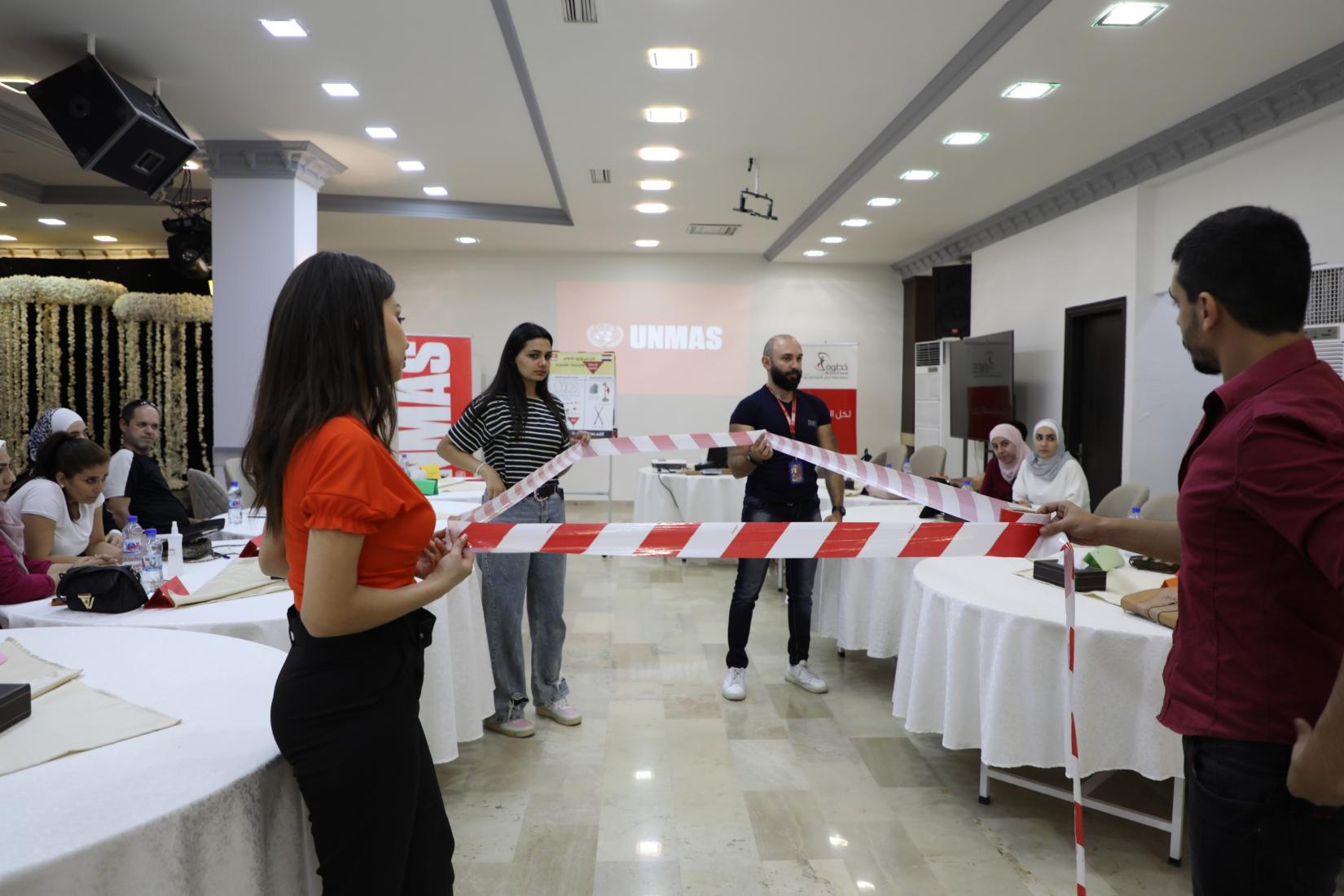
AGAINST ALL ODDS, PALESTINE REFUGEE 9TH-GRADE STUDENTS ARE DETERMINED TO PURSUE THEIR EDUCATION
Grade nine students faced a stressful time as exam season approached. They were uncertain about their preparedness for the high school entrance exam, which is a major milestone in their lives. Parents were busy helping them with their study schedules and providing encouragement and support. UNRWA schools also offered last-minute support classes to boost students' confidence and help them do well on their exams.
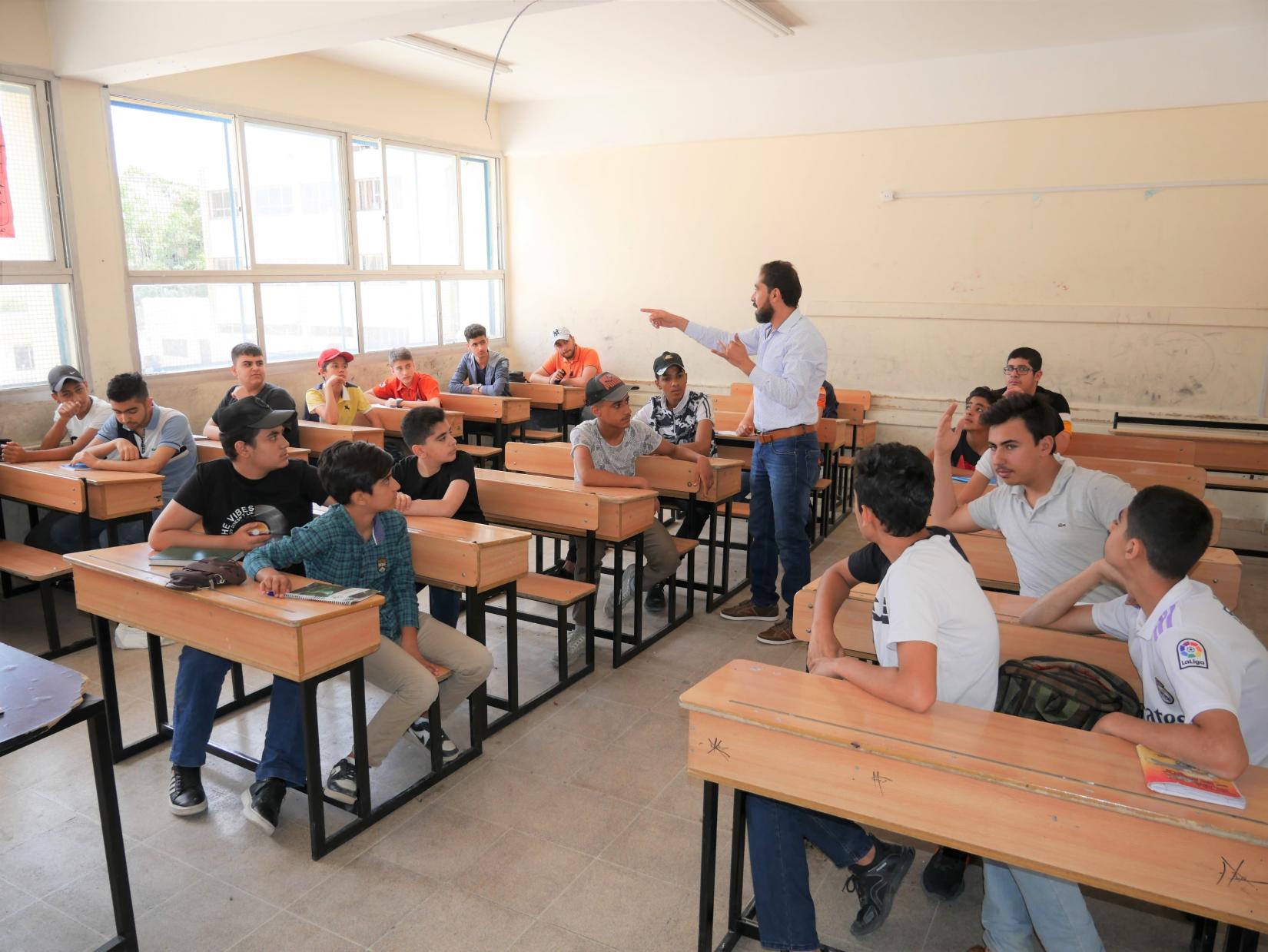
ILO CREATES DECENT JOBS OPPORTUNITIES TO RESTORE COMMUNITY NEIGHBOURHOODS
Following the earthquake, ILO initiated employment-intensive infrastructure recovery works in Aleppo in partnership with COOPI to help restore the livelihoods of people in affected communities.
5,600 cubic meters of debris and rubble were removed, making 45 streets accessible to the local communities, creating 6,600 workdays for 100 workers. Communities have benefited from both decent job opportunities and the recovery of local infrastructure.
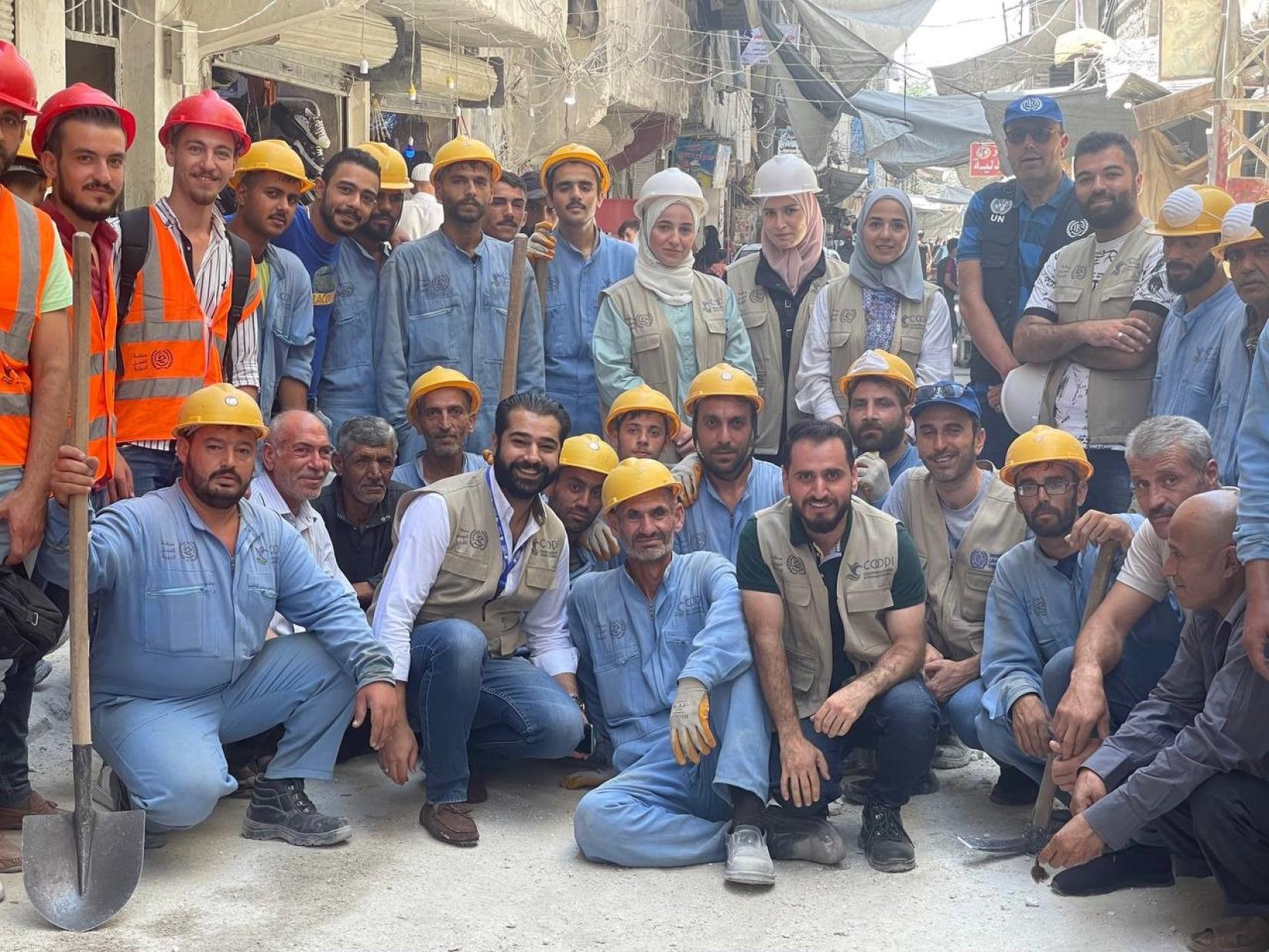
SYRIA HUMANITARIAN FUND SUPPORTS THE REHABILITATION WORKS OF A BAKERY IN RURAL ALEPPO
"I would do anything for a loaf of bread," Abu Jameel shared with us during one of the visits to the bakery. The Syria Humanitarian Fund with the help of NRC is supporting the rehabilitation woks of the main bakery in Abu Jabbar village in eastern rural Aleppo.
This project aims to improve sustainable access to food through the rehabilitation of key bakeries and provision of the needed equipment. The bakery with a 12 tons capacity per day will help provide bread for 30,000 people in need in the village and surrounding areas.
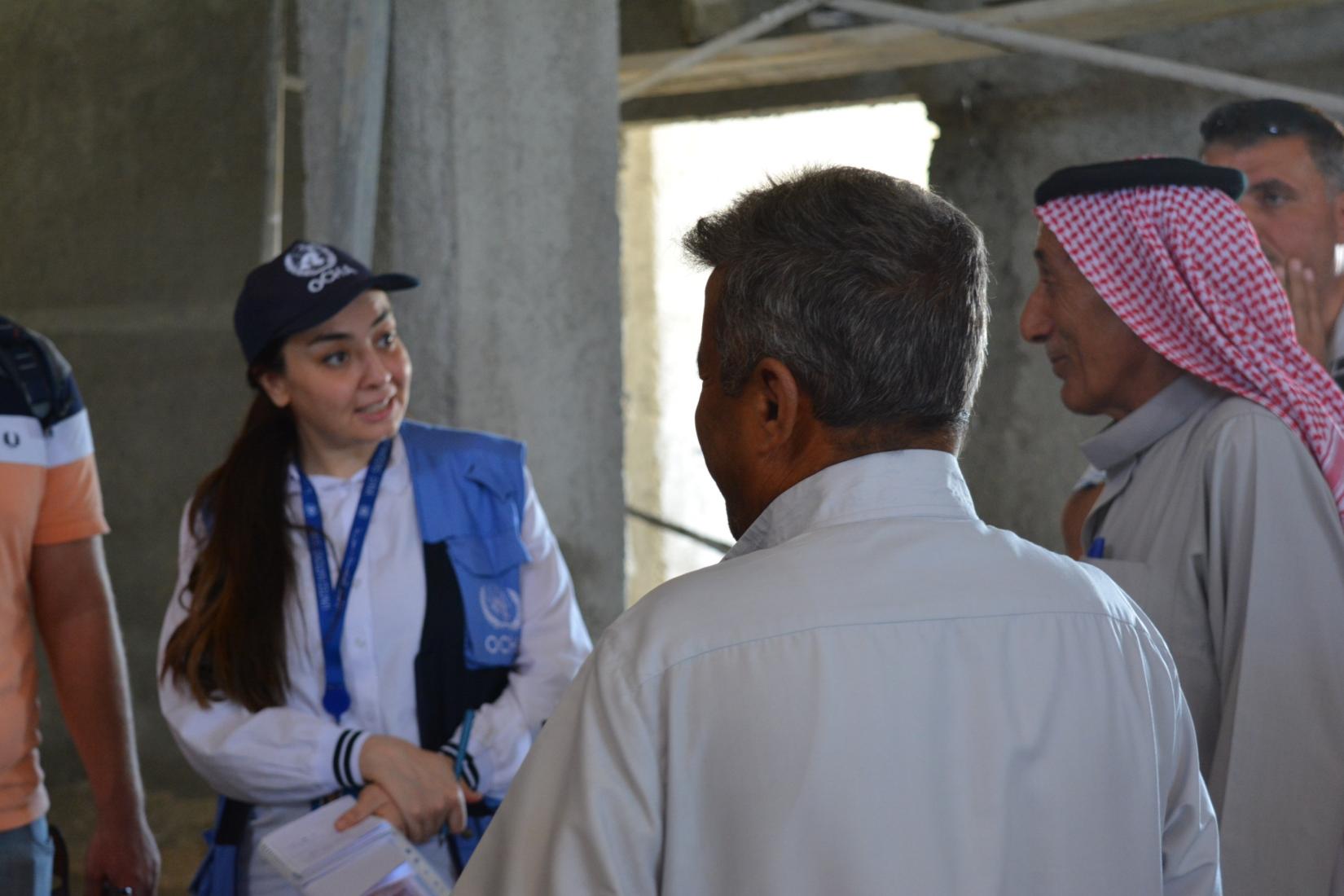
NORWAY'S CONTRIBUTION WILL SUPPORT WHO'S IMMEDIATE RESPONSE TO PEOPLE'S NEEDS IN MOST AFFECTED AREAS
Norway has generously donated NOK 50 million (approximately US$5 million) to WHO to support vital health services and respond to health emergencies. The funding will improve emergency care and disease control in underserved areas, as well as strengthen health system capacity. The Norwegian investment will boost recovery efforts in the country by strengthening the health security response in Syria.
